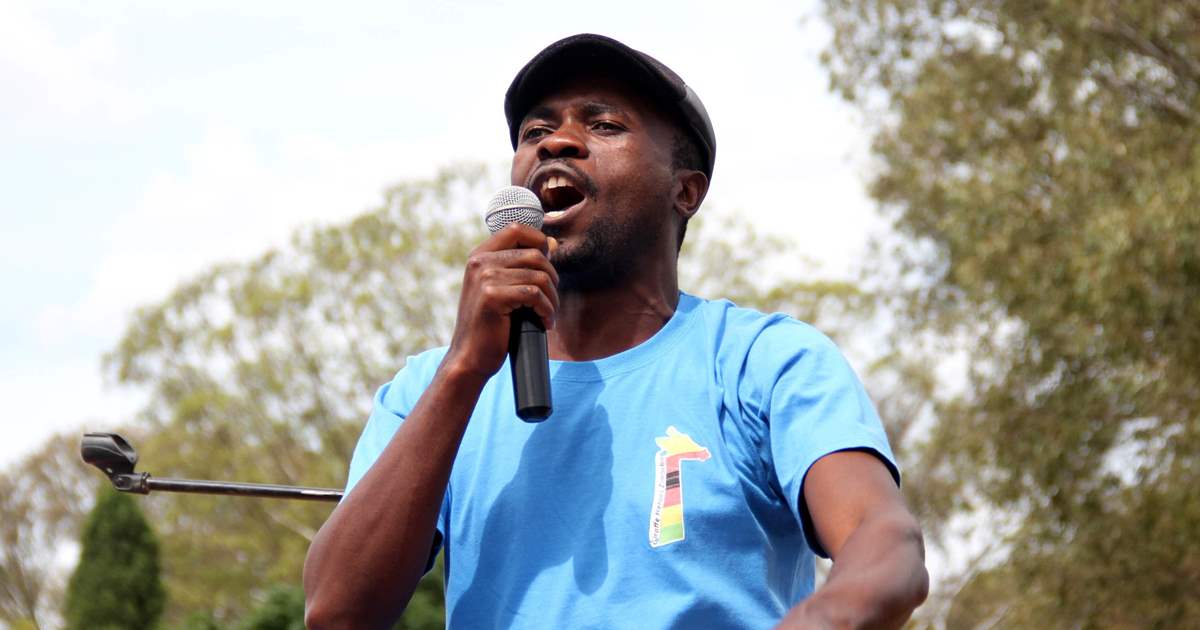Churches Converge on Conflict and Peace (CCCOP), a consortium of Church Organisations working for peace says the government through the National Peace and Reconciliation Commission (NPRC) should help in investigating all cases of disappearances in order to bring closure to the victim’s families.
This comes at a time when the world is commemorating the United Nations (UN) Day of the victim of enforced disappearances.
The International Day of the Victims of Enforced Disappearances was passed under resolution 65/209 on 21 December 2010 which expressed great concern on the rising cases of involuntary disappearances.
This resulted in the adoption of the International Convention for the protection of all persons of enforced disappearances where 30 August was declared as the International Day of the victims of enforced disappearances.
In a statement, Monday, CCCOP said Zimbabwe has a history of enforced disappearances, particularly during the dark period of Gukurahundi.
“Also some activists have gone missing for years. There is evidence that activists have been tortured in police custody, despite denials by police (Veritas, 2020). To date, pro-democracy activist Itai Dzamara, who was abducted on 9 March 2015, remains unaccounted for,” said CCCOP.
It is critical to understand that, such occurrences of enforced disappearances, does not only affect the immediate family of the victims, but has adverse effect on community members, and the whole nation at large with a sense of insecurity.
The consortium said enforced disappearance is a serious human rights violation which infringes victims the right to recognition as a person before the law; The right to liberty and security of the person.
“The Constitution of Zimbabwe Amendment (No.20) Act 2013, Section 53 provides for freedom from torture or cruel, inhuman or degrading treatment or punishment. Such fundamental human rights and freedoms should be enjoyed by every citizen by virtue of being a human being. Article 2 of Resolution 47/133 of the United Nations General Assembly adopted in 1992 clearly states that no State shall practice, permit or tolerate enforced disappearances and that States shall act at the national and regional levels and in cooperation with the United Nations to contribute by all means to the prevention and eradication of enforced disappearance,” CCCOP noted.
CCCOP added that this day should be a reminder to the government to intensify the search for missing persons and to take all measures possible to prevent such occurrences and put an end to such crimes by ensuring compensation to victims and making perpetrators accountable.
“As Churches, we ground our commitment to human rights in the core of Christian theological conviction that each and every human life is sacred. All humans who are mistreated or tormented are somebody’s brothers and sisters, sons and daughters, parents and grandparents,” said CCCOP.
Meanwhile, Zimbabwe Human Rights NGO Forum added that in the period between November 2017 and July 2021, 2017 cases of abduction were recorded, a figure comparable to the incidents registered during the 2008 election period.

